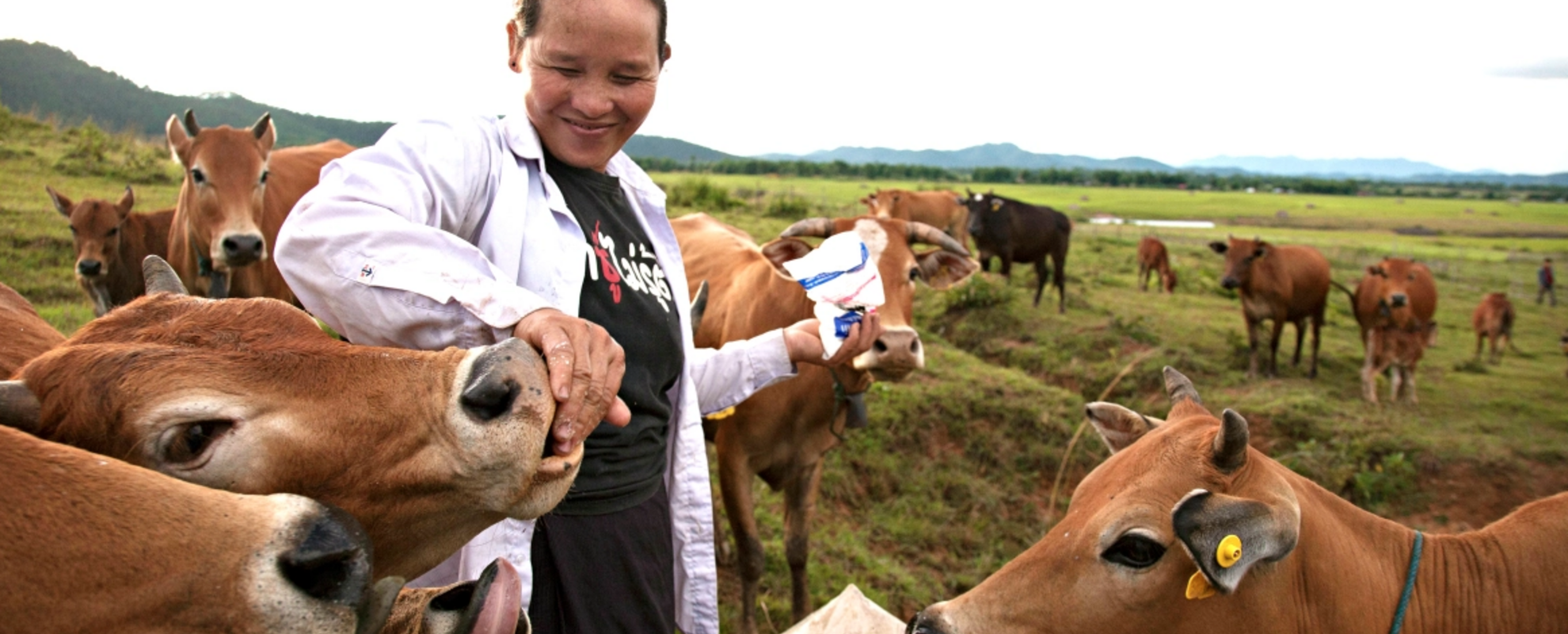

UNEA-6: Sustainable dairy ecosystems
Sustainable dairy ecosystems: nutrition security, women's empowerment, climate-smart agriculture, action on nature and biodiversity enhancement
Event objective
This event aims to recognise the positive and negative impacts of ruminant production, particularly dairy, on ecosystems (and the associated trade-offs). It will explore opportunities for positive ecosystem outcomes by identifying, mapping and recognising sustainable ecosystem services in ruminant farming systems. It will explain how these services contribute to human and planetary health, biodiversity, climate change mitigation, education and women's empowerment.
Event Summary
Dairy animals are a major driver for livelihoods in most rural landscapes and economies and provide an important contribution to nutritional security. Ruminant dairy systems can also play a positive role in improving climate and environmental conditions supporting protection and enhancement of biodiversity and contributing to better human health. Conversely, the various ecosystem services that ruminant farming systems provide to society are often overlooked and have been rarely fully recognized and quantified.
Ecosystem services are the benefits people and the planet obtain from ecosystems. These include providing nutritional food and versatile manure; regulating services for air quality, climate, water, disease, pollination, or natural hazard; cultural services that provide education values, social relations, and empowerment; and supporting services such as soil formation, photosynthesis, water and nutrient cycling.
To build strategies for truly sustainable dairy production systems, more attention needs to be focused on existing ecosystem services provided by dairy animals, and how the development of additional ecosystem services can be prioritized. This will help to better quantify, qualify and acknowledge the reliance of many food systems actors on these services and galvanize support for better understanding of how to expand potential services opportunities across differ types of food systems.
Join Virtually
Meeting ID: 327 015 825 264
Passcode: yunfAP







